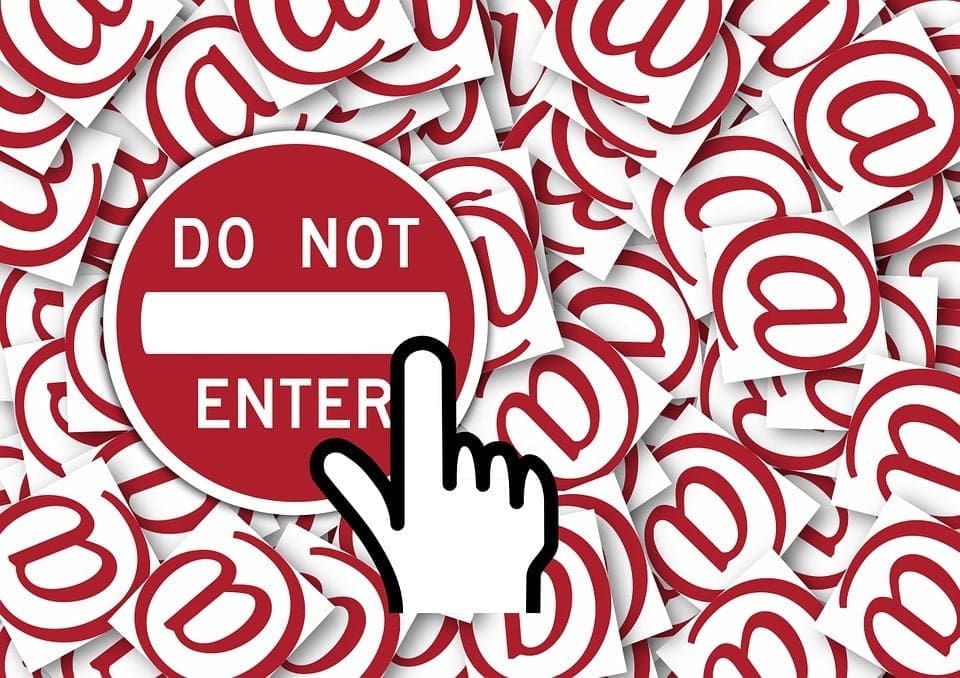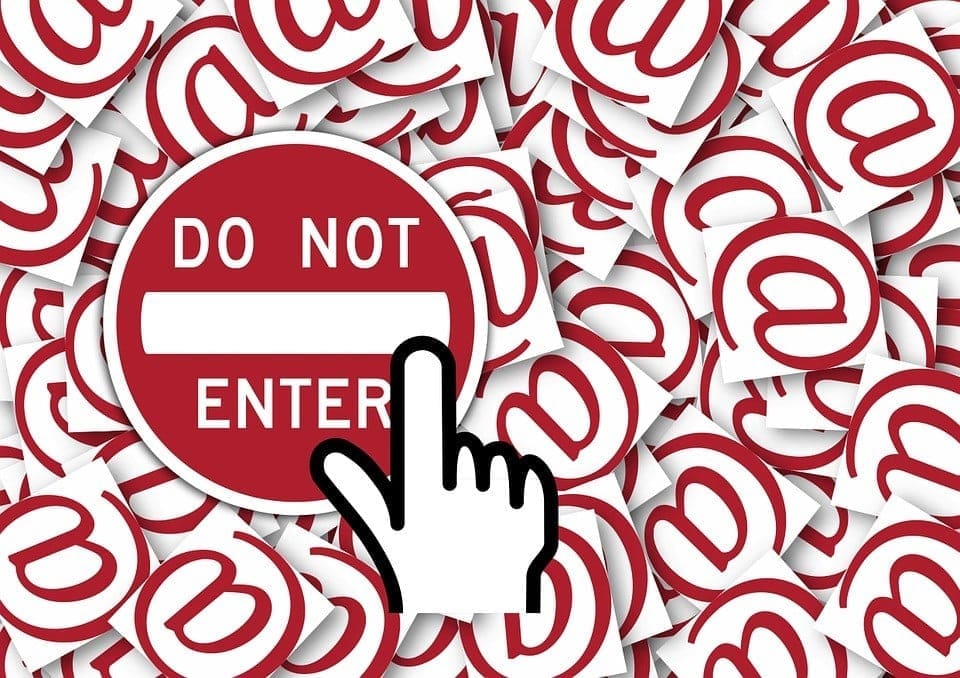Freeware may not have a monetary cost, but it does come at a price. Many freeware programs have added software packaged with it. In some cases, this added software is malicious software such as spyware, adware, or browser hijackers. They can be innocuous and annoying, or they could send your private data to a third party.

It’s even more important to protect your PC or mobile device with paid antivirus solutions. Free solutions are beneficial for basic protection, but they don’t have the advanced protection, algorithms and heuristics that provide a better level of support. If your computer contains highly sensitive data — and most people have at least one folder with private data – you should invest in your data’s protection. The great benefit is that just a few dollars will protect from zero-day viruses, which are malware that hasn’t been seen in the wild.
Freeware Limitations
It’s tempting to install free antivirus solutions, but here are some limitations that you place on your machine when you work with freeware.
- Detection but no solutions: Freeware will often detect malware, but it won’t be able to remove the virus from your system. It might quarantine the files, but it won’t be able to clear any infections. If your system is already infected, downloading freeware is a mistake.
- Limited support: Support is non-existent since you don’t pay for any service. You might be able to find help on community forums and Internet sites, but you won’t be able to get direct support from the manufacturer.
- Updates aren’t as frequent: With paid solutions, you get the fastest level of support for updates and responses for zero-day threats. Signature files are updated much more frequently, and many paid antivirus solutions will offer real-time updates with no interaction from the user. You also don’t get the quick fixes from freeware that helps users remove infections from new viruses.
- Hidden malicious software: It seems counterintuitive to have malware within anti-malware software, but it does indeed happen. If you choose freeware with little research on the product, you could be installing fraudulent antivirus that contains malicious add-ons.
Before You Install Freeware
Not all freeware contains malware, but you should do your homework before you install anything on your computer. For the most part, you should only install software – especially anti-malware applications – from official, trusted sources. Several popular paid versions of malware are available to choose from. However, if you choose to install freeware, take these precautions.
- Do some research: Whether it’s forums, official sites, or even blogs, you should be able to find some information about the software.
- Keep it up-to-date: Many free malware programs offer updates, but they have no automation options. Make sure that you keep the virus definition files up-to-date if there is no automatic update feature
- Ensure there is some kind of support: Freeware might not have support, but you should be able to find help from a community on the web. If you can’t find support, you won’t be able to fix any unforeseen issues should the software give you errors.



